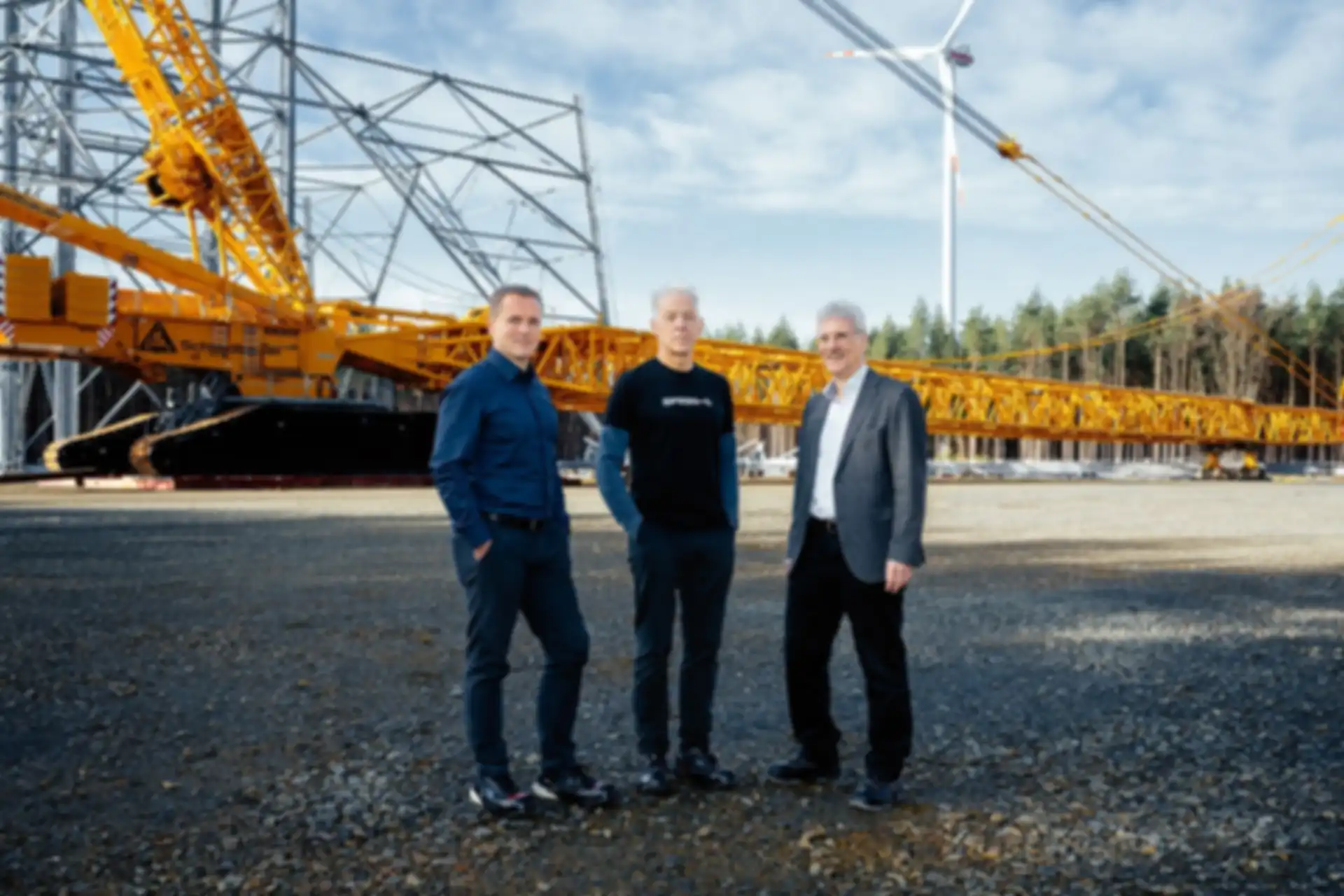RESISTANCE IS FUTILE
SNIPR Biome declares war on antibiotic resistance
Since their discovery at the beginning of the 20th century, antibiotics have saved millions of lives. Antibiotics have proven to be extremely effective against many bacterial pathogens, and because they have been so effective, modern medicine has become a victim of its own success. The often-unrestricted use, and even overuse, of antibiotics has resulted in profound consequences for effective infectious disease treatments. Bacteria have learned to adapt and develop resistance to a multitude of existing antibiotics, also referred to as antimicrobial resistance, thereby neutralizing their effectiveness in treating microbial infections. In extreme cases, bacteria have become multidrug-resistant, meaning Infections that we customarily deem to be benign, such as urinary tract infections or pneumonia are quickly becoming life-threatening when the infection spreads uncontrollably throughout the body. To date, almost five million deaths worldwide are associated with multidrug-resistant bacterial infections according to an article in The Lancet in 2022. If no effective measures are taken, this figure could double by 2050.
If SNIPR Biome has its way, this scenario will not materialize, since the Copenhagen-based company has taken up the fight against antimicrobial resistance. Their new unconventional approach is not about developing new classes of antibiotics to kill bacteria; instead, the team, including Co-founder & CEO Christian Grøndahl, Head of Research Jakob Krause Haaber, and Head of HR & Organization, Julie Tranberg Rasmussen, wants to eliminate bacterial resistance and make bacteria susceptible to existing antibiotics again.
Using the ancient and naturally occurring process of DNA exchange between bacteria, also referred to conjugation, the team is engineering a way to eliminate the genes responsible for bacterial resistance. This concept is made possible with their proprietary CRISPR-Cas DNA gene scissors, which can modify genes in bacteria, thereby eliminating antimicrobial resistance and reinstating the efficacy of antibiotics.
Our approach has only now become possible, since the CRISPR-Cas method was only devised around fifteen years ago. We have done a lot of detective work and found the problematic genes, and now, we have to reach all pathogenic bacteria and remove the genes that cause resistance,
explains Jakob Krause Haaber, Head of Research. This approach causes pathogenic bacteria to lose their resistance genes, thereby becoming resensitized to antibiotics. We are not simply developing a new antibiotic; we are making the existing ones functional again. The impact of our drug is ten to twenty times greater because we use it to make existing safe and affordable drugs effective again.
The idea is to practice preventative medicine: SNIPR Biome therapy can be administered to patients in intensive care units or oncological wards as a preventative measure to prevent serious antibiotic-resistant infections from breaking out in the first place. The vision is to tackle antimicrobial resistance on a population scale where the treatment will eliminate antimicrobial resistance in the general population, because the resistance-eliminating process can be offered to anyone, similar to how probiotics are used in maintaining the gut microbiome. Following this, should disease develop, existing antibiotics will be effective in treating dangerous infection.
Antibiotic resistance is a health threat on the scale of a building tsunami, especially for at-risk groups and in hospitals.
Another major advantage of the drug is its price: On a large scale, we are talking about production costs of just a few euros for each drug and treatment costs in the lower three-digit range,
explained Christian Grøndahl, co-founder and CEO of SNIPR Biome. An additional benefit is the precision treatment approach; unlike antibiotics, which destroy everything in the gut microbiome during treatment, the elimination of resistance genes is quite specific and does not negatively impact the gut microbiome. Therefore, there are fewer side effects expected compared to antibiotics, as the gene scissors do not activate if they enter bacteria without resistance genes.
With this extraordinary vision, the Danish company attracted the attention of the German Federal Agency for Breakthrough Innovation at a meeting in Philadelphia. In 2024, SNIPR Biome became the first independent international project ever to be validated. SPRIND offers us visibility, a fantastic network of experts, a grant since the beginning of 2025 and an equity investment since July – as the only biotech company in Scandinavia; that's extraordinary,
said Christian Grøndahl, who started his career as a veterinarian, worked in many small and large medical companies, and simultaneously completed his doctorate in human medicine. But most importantly, SPRIND support can bring this drug to hospitals in a few years.
SNIPR Biome has successfully demonstrated that this CRISPR-Cas technology works in their labs in Copenhagen. During the funded project with SPRIND, the company will develop the technology further to show clinical proof-of-concept in human clinical trials.
The international team consisting of thirty-five people is certainly not lacking in motivation in revolutionizing infectious medicine. We all want to make a difference – to be the difference,
explained Head of HR & Organization Julie Tranberg Rasmussen. And we are driven by the fact that SPRIND shares our ideas, which may seem crazy to some, and supports us so much.
Microbiologist Jakob Krause Haaber is convinced: If we are successful, we will fundamentally change infectious disease medicine. Many treatments are impossible without safe antibiotics. They are a cornerstone of modern medicine.
More about SNIPR Biome: www.sniprbiome.com


